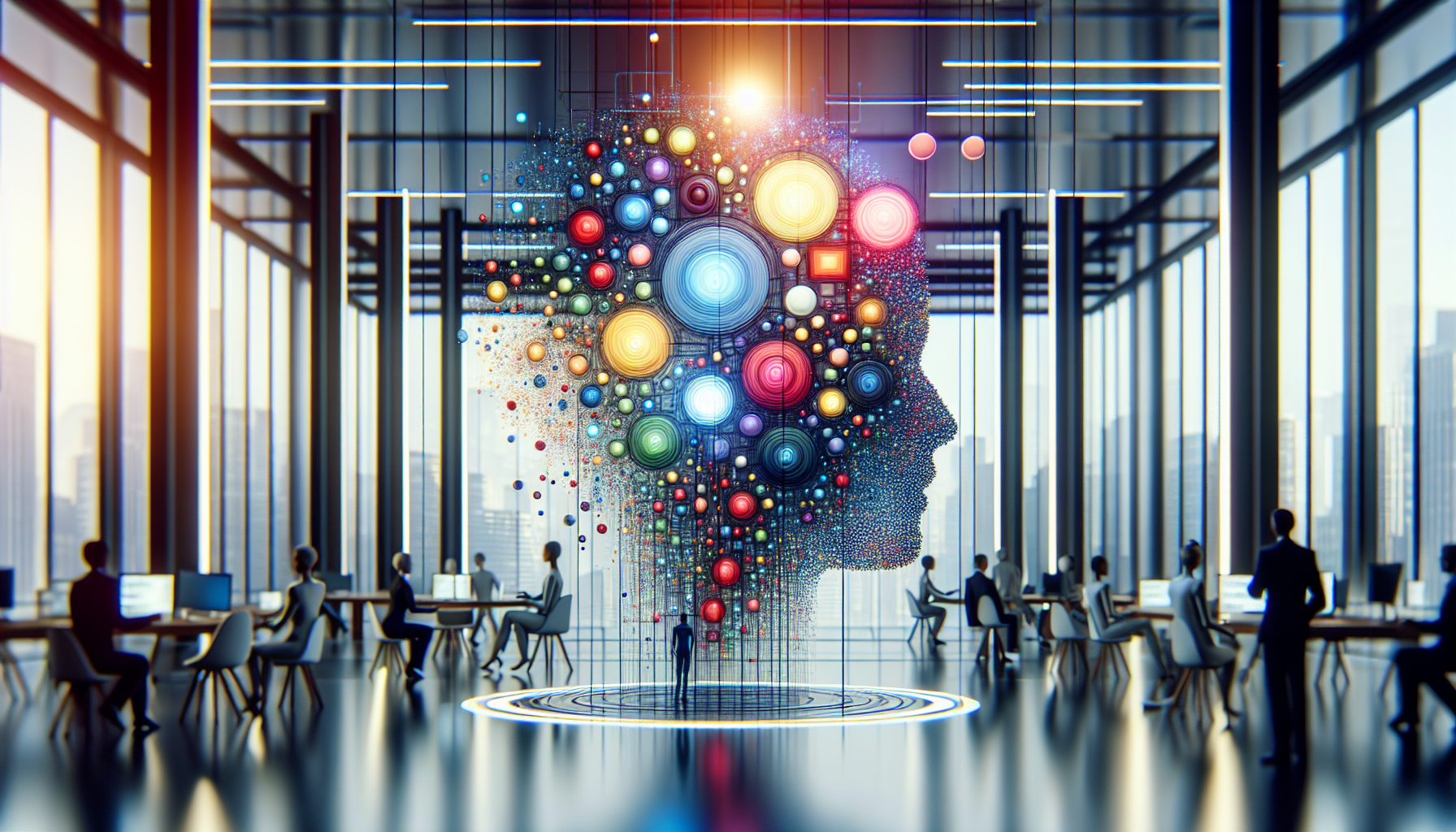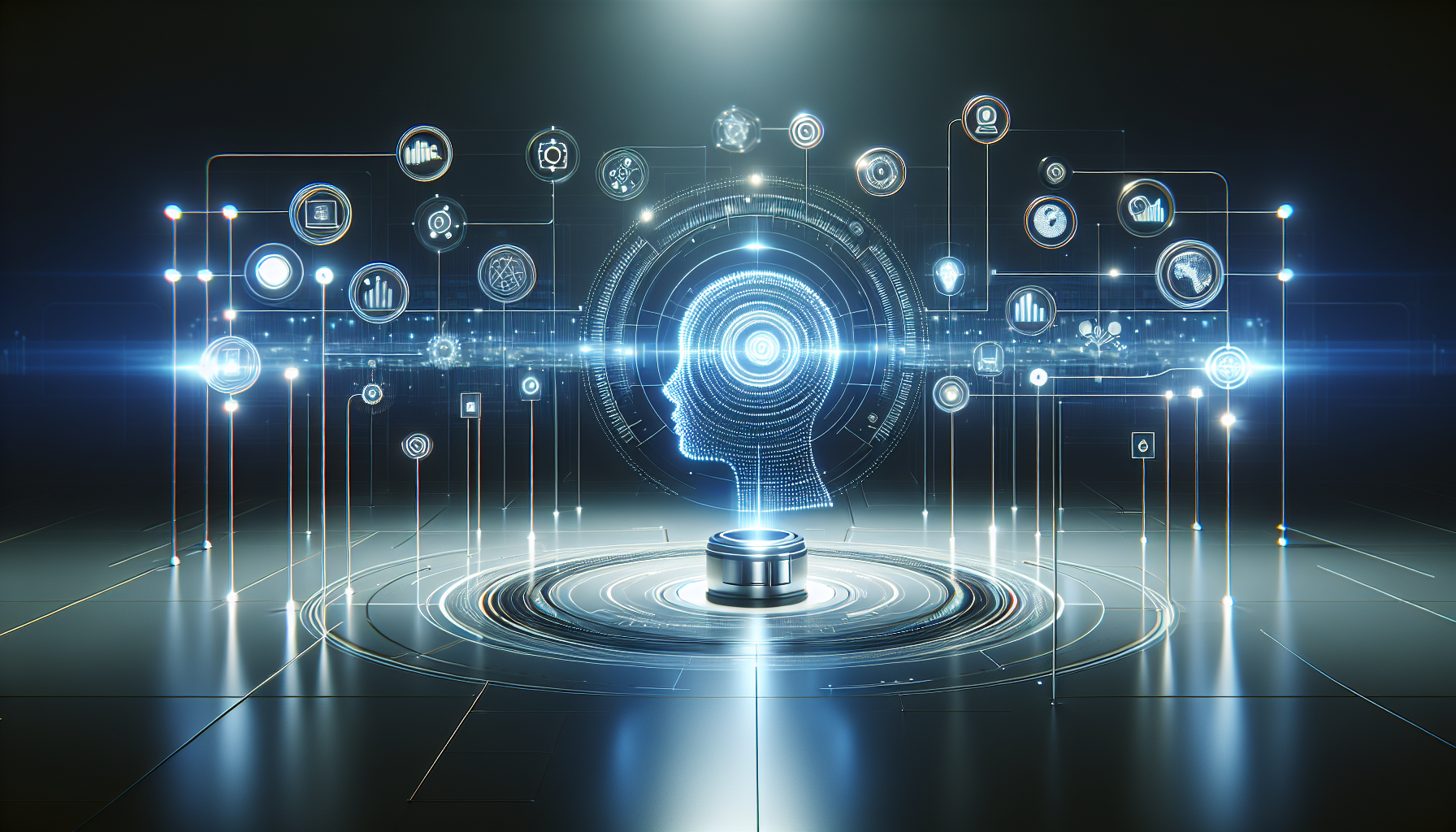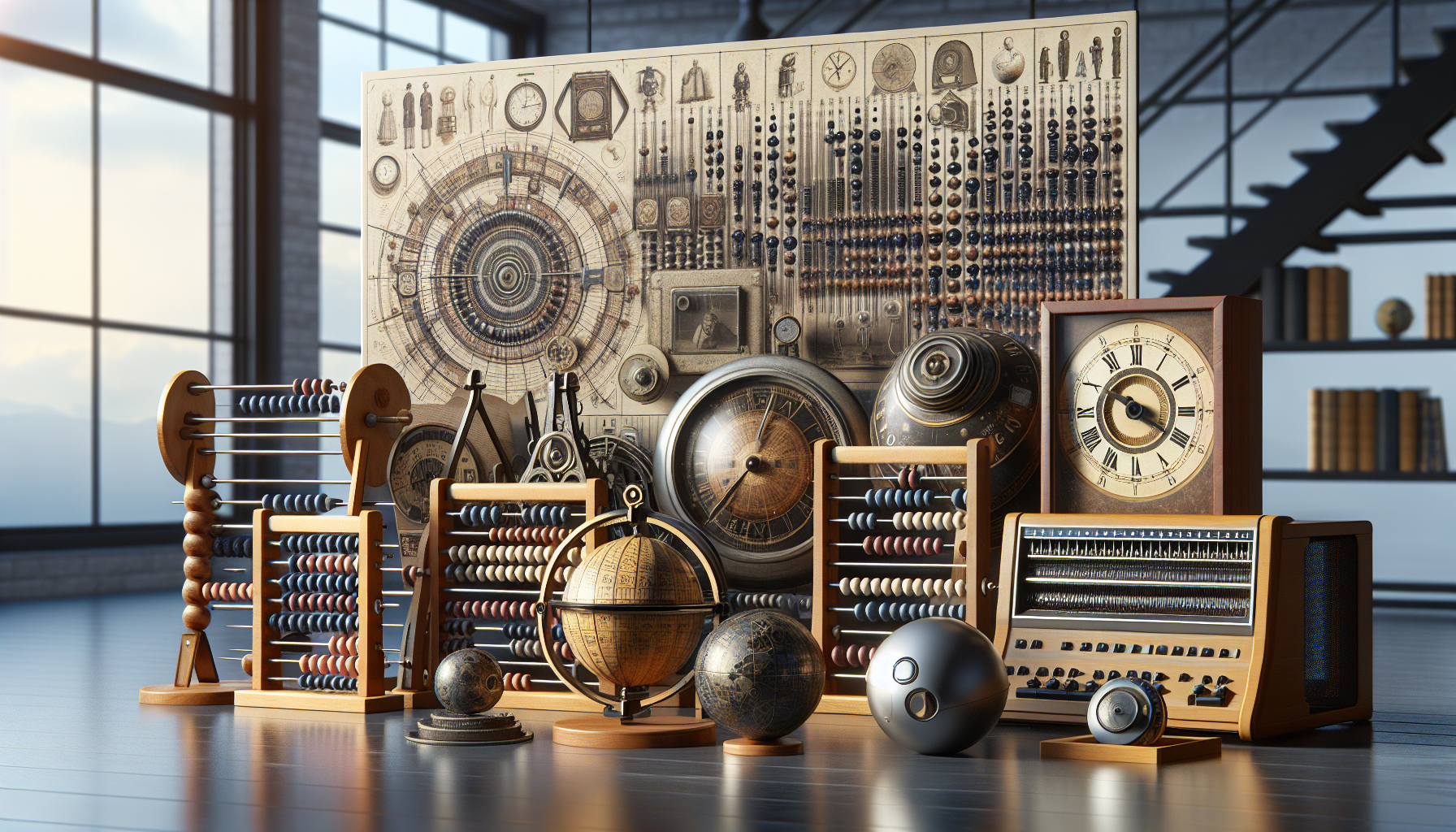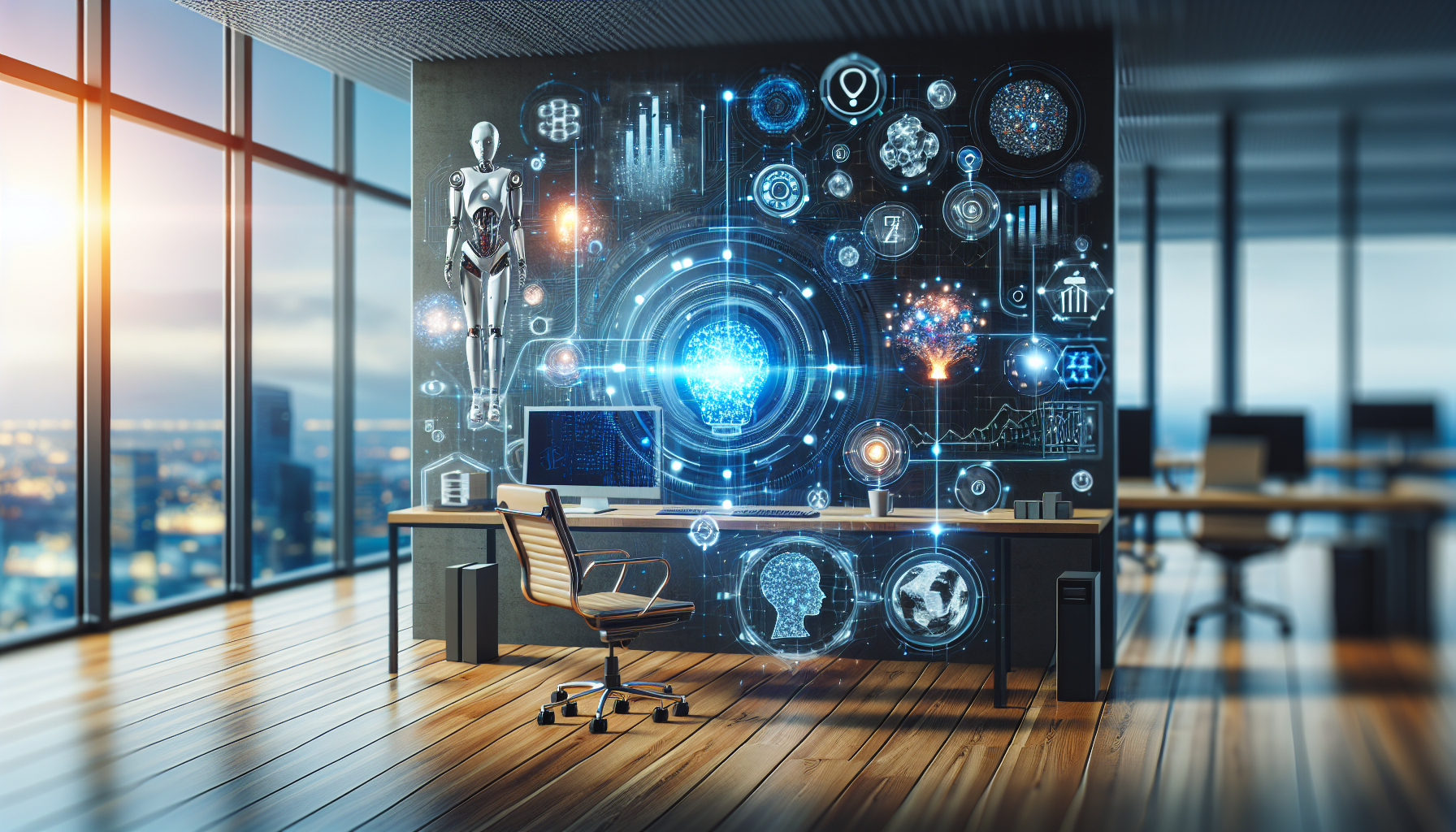
How AI is Transforming Healthcare: The Future is Now
September 15, 2025
Let's take a moment to consider a world where a machine can analyze your cough and suggest a diagnosis faster than your doctor. Sounds like science fiction, right? But in the realm of healthcare, artificial intelligence is turning these once-futuristic scenarios into reality. AI isn't just a buzzword tossed around in tech circles; it's a powerful tool reshaping how we understand and deliver healthcare.
Imagine walking into a hospital where the first point of contact is not a person, but an AI-driven kiosk that checks you in, scans your symptoms, and directs you to the right department without missing a beat. This isn't about replacing healthcare professionals but enhancing their capabilities. With too many patients and too few doctors, AI is stepping in to close the gap, ensuring that healthcare is both efficient and patient-centered.
The diagnostic abilities of AI are particularly fascinating. These systems can sift through mountains of data—something that would take a human a lifetime—and provide insights that are both rapid and remarkably accurate. Consider the case of radiology: AI programs can now examine medical images with such precision that they detect anomalies invisible to the human eye. This doesn't just save time; it saves lives. When early detection is often the difference between life and death, AI's role becomes invaluable.
But here's where it gets really interesting: AI isn't just a tool for diagnosis and treatment; it's also a force for democratizing healthcare. In regions with limited access to specialists, AI systems can provide critical support. Picture a remote village with no resident doctor, yet with access to AI technology, a health worker can perform an ultrasound and receive expert guidance on the spot. This type of accessibility is revolutionary.
One might worry about the humanity of healthcare being lost in the process. Aren't patients more than just data points? Absolutely. That's why it's crucial to remember that AI is a tool, not a replacement for human touch. The best outcomes arise when AI and human intelligence work hand in hand. While AI can process data and spot patterns, it lacks the empathy that comes with human interaction. The ideal healthcare system uses AI to handle the grunt work, allowing doctors to focus on what they do best: caring for patients.
Moreover, AI is sparking a new wave of personalized medicine. By analyzing genetic information and lifestyle data, AI can predict how a person might respond to a particular treatment, tailoring interventions that are as unique as the patient themselves. This precision medicine approach promises to not only improve outcomes but also reduce the trial-and-error phase that often accompanies medical treatments.
However, as with any powerful tool, there are ethical considerations to mull over. Who holds responsibility if an AI system makes an error? How do we protect patient data in an era where information is constantly being analyzed and shared? These are not trivial concerns, and they require thoughtful discourse and robust safeguards to ensure that AI is used responsibly.
There's also the issue of bias. AI systems are only as good as the data they're trained on. If the data reflects existing biases, those biases could be perpetuated or even exacerbated. It's essential for those developing these technologies to actively work on identifying and eliminating bias, ensuring that AI serves everyone equitably.
We're on the cusp of a healthcare revolution driven by AI, and it's incumbent upon us to steer this transformation wisely. We have the opportunity to craft a system that's not only more efficient but more inclusive, where technology amplifies the human elements of care rather than overshadowing them.
The question then becomes: How do we prepare for an AI-driven future in healthcare? It starts with education and adaptability, ensuring that healthcare providers are equipped to work alongside AI. It involves policymakers crafting regulations that uphold ethical standards without stifling innovation. And most importantly, it requires an ongoing dialogue about the role of AI in our lives, inviting voices from all corners to shape a future that benefits everyone.
As we stand at this crossroads, the potential for AI to revolutionize healthcare is both exhilarating and daunting. The choices we make today will determine whether we harness AI's capabilities to create a healthcare system that is not only more intelligent but more compassionate. What kind of future do we envision—one where AI complements our humanity or one where it competes with it? The conversation is just beginning, and it's one we must all be a part of.


